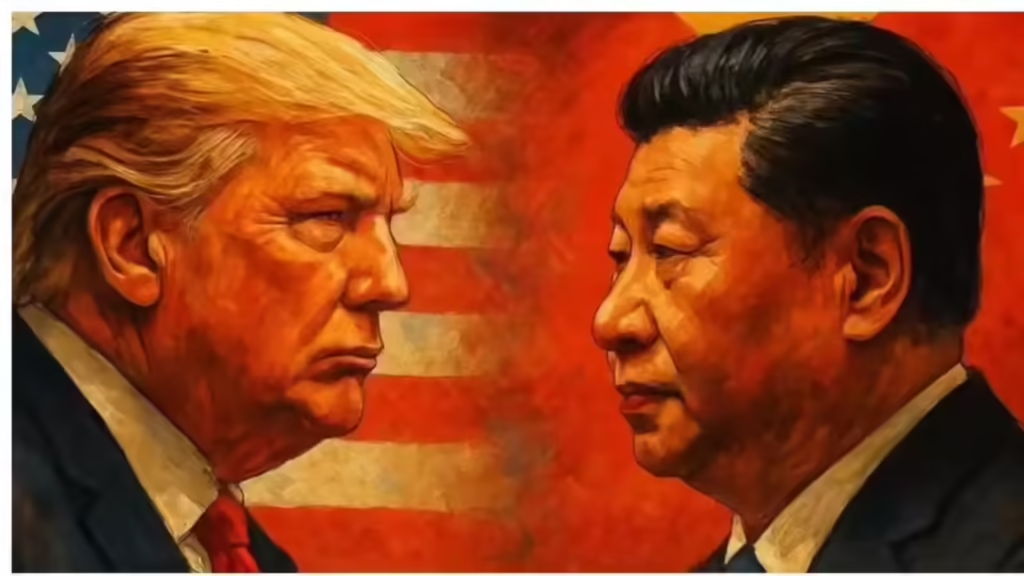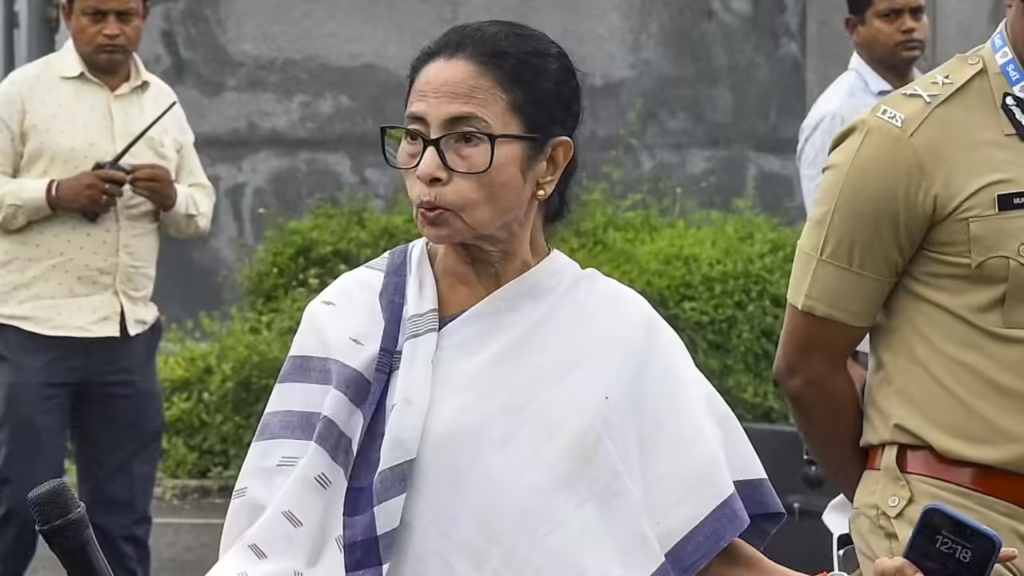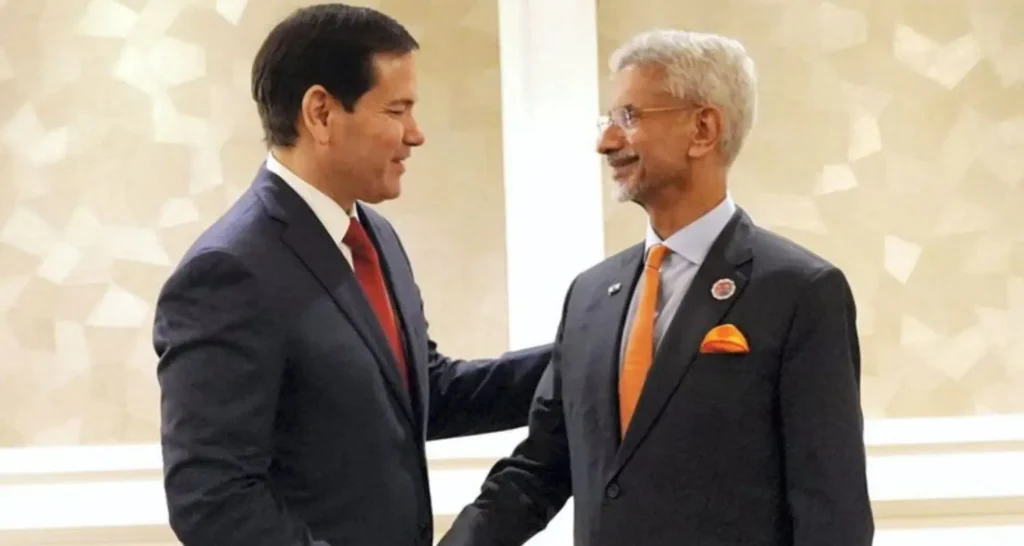Now Reading: Paul Kapur Confirmed as U.S. Assistant Secretary for South and Central Asia
-
01
Paul Kapur Confirmed as U.S. Assistant Secretary for South and Central Asia
Paul Kapur Confirmed as U.S. Assistant Secretary for South and Central Asia

In a significant development in U.S. foreign policy, the U.S. Senate has confirmed S. Paul Kapur, an Indian-origin academic, as the Assistant Secretary of State for South and Central Asian Affairs. This appointment, announced on October 8, 2025, marks a notable moment in the Trump administration’s diplomatic strategy.
Background and Education
S. Paul Kapur, 56, was born in New Delhi to an Indian father and an American mother. He grew up in the United States, earning his Bachelor’s degree from Amherst College and a Ph.D. in political science from the University of Chicago. His academic career includes teaching positions at Claremont McKenna College and Stanford University. Currently, he serves as a professor in the Department of National Security Affairs at the U.S. Naval Postgraduate School and is a visiting fellow at the Hoover Institution. Wikipedia
Professional Experience
Kapur’s professional journey bridges academia and policy. From 2020 to 2021, he was a member of the U.S. State Department’s Policy Planning Staff, focusing on issues related to South and Central Asia, Indo-Pacific strategy, and U.S.-India relations. He has also directed a U.S.-India Track 1.5 strategic dialogue and other engagements for the Department of Defense. Hoover Institution
Policy Perspectives
During his Senate confirmation hearing, Kapur emphasized the importance of the U.S.-India relationship, highlighting shared goals such as maintaining a free and open Indo-Pacific region and countering Chinese influence. Regarding Pakistan, he stated that the U.S. would pursue security cooperation only when it aligns with American interests. The Times of India
Implications for U.S.-India Relations
Kapur’s appointment is expected to strengthen U.S.-India ties, particularly in areas of defense and strategic cooperation. His deep understanding of South Asian security dynamics positions him to navigate the complex geopolitical landscape of the region effectively. Observers anticipate that his leadership will enhance diplomatic engagement and foster closer collaboration between the two nations.
Conclusion
With the Senate’s confirmation of S. Paul Kapur, the United States is poised to continue its strategic engagement with South and Central Asia under experienced leadership. Kapur’s blend of academic expertise and practical policy experience offers a promising foundation for advancing American interests in a region of growing geopolitical significance.

























